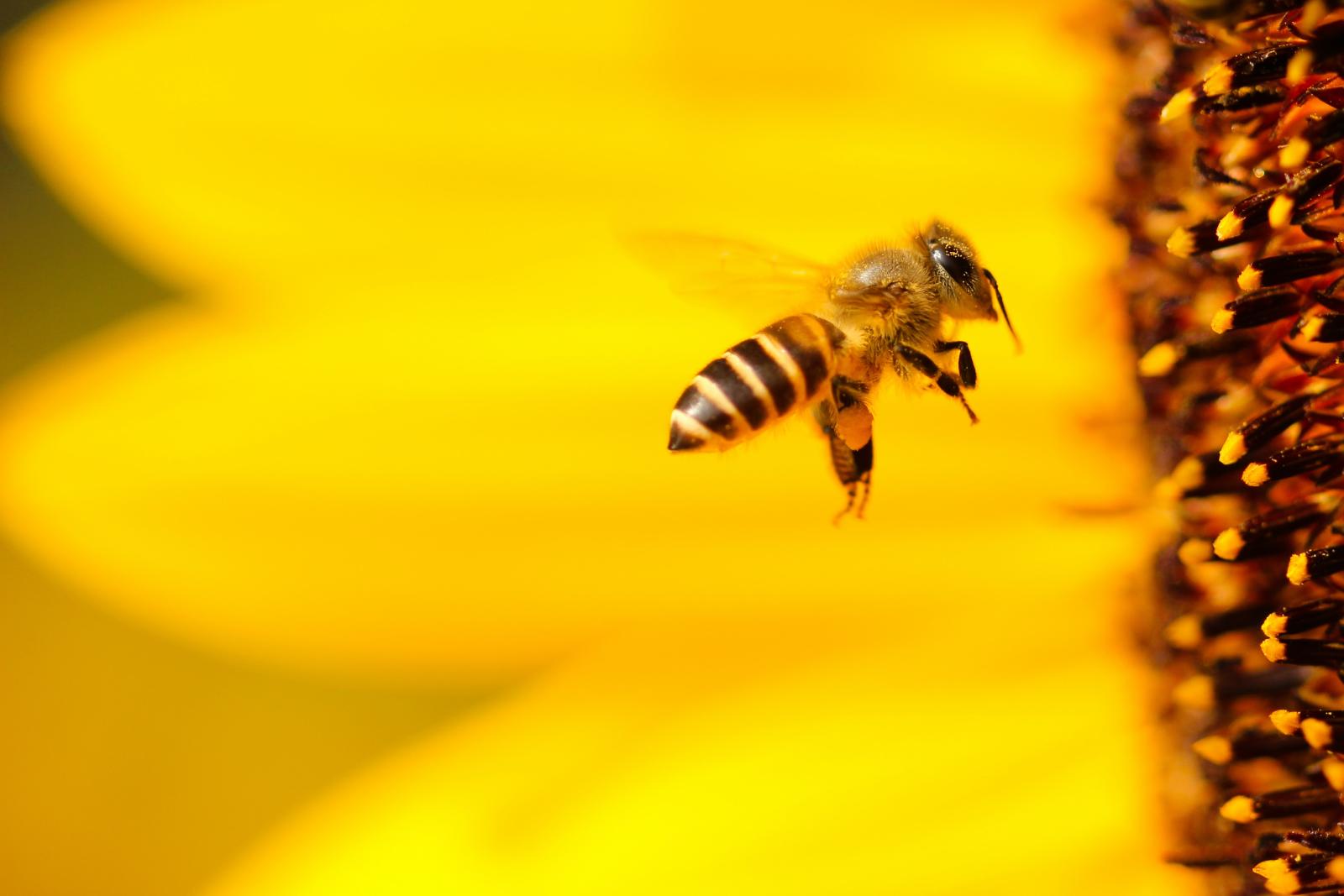The DIY Nano app allows families to experience and learn about nanoscale science, engineering, and technology at home or on the go. The app was released thanks to a collaboration between Lawrence Hall of Science, Sciencenter, Emily Maletz Graphic Design and the Nanoscale Informal Science Education Network (NISE Network).
The DIY Nano app was supported by the National Science Foundation.
The app provides free, easy to use, hands-on activities at your fingertips. Each activity includes material lists, step-by-step instructions, and detailed explanations. The activity materials are widely available and inexpensive. The app includes links to family friendly videos.
[video:http://vimeo.com/32870203]
[video:http://vimeo.com/42373588]
The Lawrence Hall of Science is the UC Berkeley's public science center. The Lawrence Hall of Science have been providing parents, kids, and educators with opportunities to engage with science since 1968.
[video:http://www.youtube.com/watch?v=cJ1wUytZlX4]
It is possibile to find The Lawrence Hall of Science on YouTube, Twitter, Facebook and Flickr.
Previews of the app:






